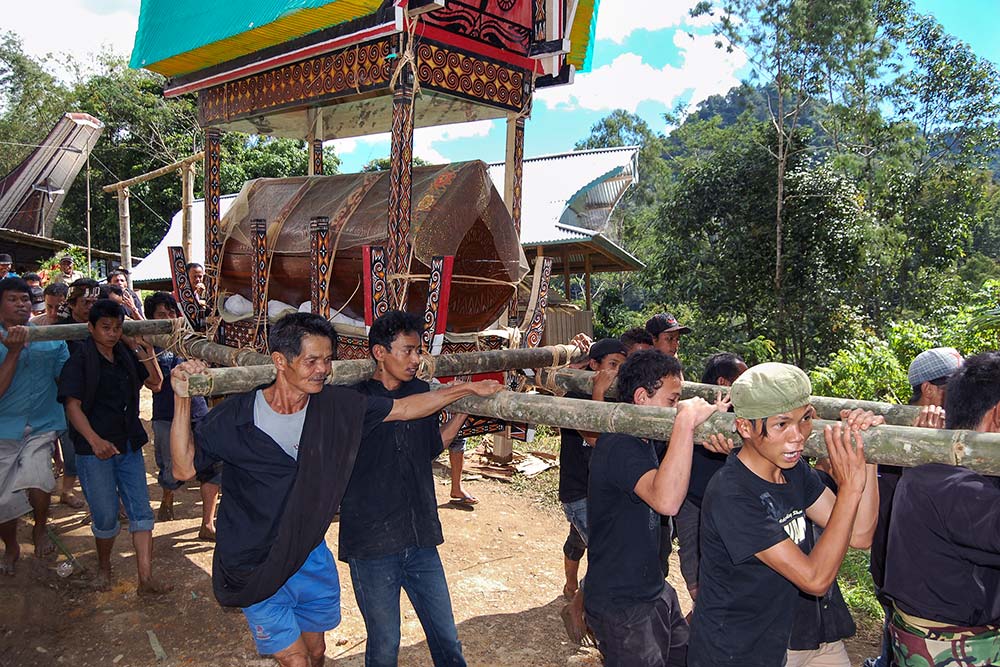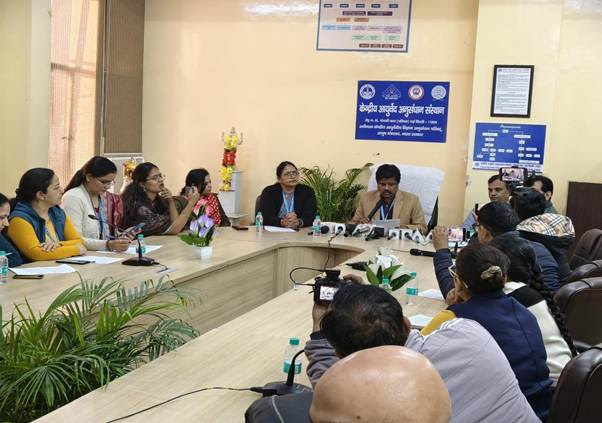Now Reading: Sulawesi’s Extraordinary Burial Tradition That Blends Life and Death
-
01
Sulawesi’s Extraordinary Burial Tradition That Blends Life and Death
Sulawesi’s Extraordinary Burial Tradition That Blends Life and Death

Sulawesi’s Extraordinary Burial Tradition That Blends Life and Death
In Sulawesi, Indonesia, death is not seen as an abrupt ending but as a gradual journey. The Toraja people, an ethnic group in this mountainous region, follow a centuries-old funeral tradition that is unlike anything else in the world. Here, death is treated with reverence, community involvement, and an unusual closeness between the living and the deceased.
When someone passes away in Toraja culture, they are not buried immediately. Instead, the body is preserved using natural methods or formaldehyde and kept in the family home for months or even years. During this time, the deceased is considered only “sick” and continues to be part of family life. Relatives talk to them, serve them meals, and involve them in household rituals until the grand funeral ceremony takes place.
The funeral itself is a massive social event, often lasting several days. Families spend years saving money for it because it involves feasts, traditional dances, music, and sometimes the sacrifice of buffaloes, which are believed to guide the soul to the afterlife. The more buffaloes sacrificed, the higher the social standing and the smoother the journey of the departed.
One of the most fascinating aspects of Toraja tradition is the “Ma’nene” ritual, held every few years. Families exhume the bodies of their ancestors, clean and redress them in fresh clothes, and sometimes walk them around the village. This act is seen as an expression of respect, keeping the bond between generations alive.
For the Toraja, these practices are not morbid but deeply cultural. They see death as part of the cycle of life, where the living and the dead remain connected. In an age where funerals have become quick and clinical in many parts of the world, Sulawesi’s tradition stands as a reminder of how profoundly communities can honor their dead.
If you want, I can also write you a similar unique-culture article on a lesser-known Indian tradition for your readers so you can pair them as a cultural series. Would you like me to do that next?

























